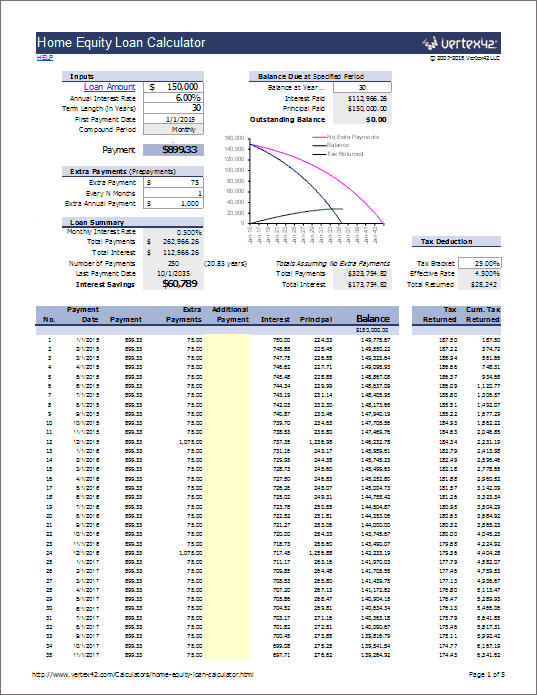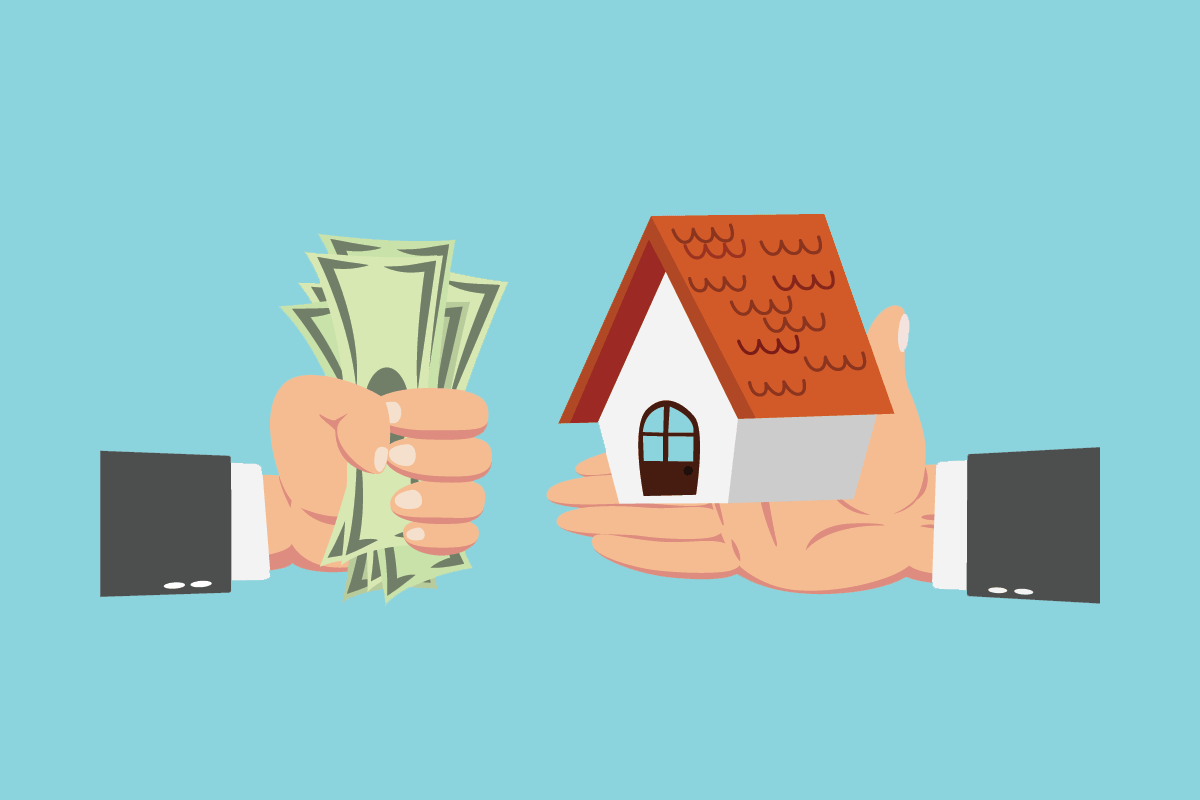Home equity loan: What is it & how does it work?
Table of Content
At Bankrate we strive to help you make smarter financial decisions. While we adhere to stricteditorial integrity, this post may contain references to products from our partners. It’s a line of credit that allows you to withdraw funds on an as-needed basis, borrowing against the equity in your home.

A home equity loan offers you predictable monthly payments because your interest rate is fixed and never changes. You are on a set repayment schedule and will make the same monthly payment for your whole loan term. If you’re looking for a relatively short-term loan, a 0% APR credit card may be a good option. These credit cards charge zero interest for an introductory period, but the interest rate jumps back to a normal rate after that time. In addition, credit limits will likely be lower than you’d be able to borrow with a home equity loan, and interest rates after the introductory period can be steep. But with a home equity loan, the sum you borrow will be subject to a fixed interest rate.
Balance transfer credit card
Assuming that your credit is good, and that you otherwise qualify, you can take out an additional loan using that $100,000 as collateral. However, if you’re uncertain about the amount needed and you’re comfortable with the variable interest rate, then a HELOC might be your best bet. As with any credit product, it’s important not to get overextended and borrow more than you can pay back because your home is the collateral for the loan. Conversely, a HELOC is a good choice if you aren’t sure how much you’ll need to borrow or when you’ll need it.

As interest rates rise, home equity loans are still a cheaper option than other forms of debt because they carry the risk of losing your home if you can’t keep up with payments. Make sure that what you’re taking out the home equity loan for is worth the risk. HELOCs also have variable interest rates, which means your monthly payments will go up and down depending on interest rate trends. With a typical mortgage, you make payments each month to pay back the loan. In a reverse mortgage, a lender pays you in a lump sum or on a monthly basis based on the equity in your home, and the balance isn’t due until you pass away or leave the home. Reverse mortgages are only open to seniors age 62 or older and are often used as a way to meet expenses in retirement.
Bottom line: Are home equity loans a good idea?
Obtaining a home equity loan is quite simple for many consumers because it is a secured debt. The lender runs a credit check and orders an appraisal of your home to determine your creditworthiness and the CLTV. Home equity loan amounts are based on the difference between a home’s current market value and the homeowner’s mortgage balance due. If you end up needing more money than what you borrowed with a home equity loan, you’ll have to apply for another loan.
After you receive it, you start making fixed, monthly payments to pay back the loan. A home equity loan is a loan in which borrowers use their house as collateral. Traditional home equity loans have a set repayment term, just like conventional mortgages.
How To Get a Home Equity Loan
With a 15-year mortgage, however, borrowers are able to pay off their loan in half the time — if they’re able and willing to enlarge the amount of their monthly loan payment. If you’re struggling to stay on top of your debts and expenses, a credit counselor can help. Beyond simply offering advice, credit counselors can assist you as you create and execute a debt management plan. During this process, the counselor may help you get discounts from your creditors on interest rates and fees, or lower your monthly payments. The amount you’re able to borrow with a home equity loan is generally set by the amount of equity in your home. You can usually borrow up to 85% of the equity in your home; the more equity you have, the more you’re able to borrow.

You’ll pay interest every month only on the amount you draw with options for interest-only payments. Most of the time HELOCs come with a variable or adjustable interest rate, which is good when rates are low but can be impossible to keep up with if they rise too quickly. A HELOC is a revolving line of credit, much like a credit card, that you can draw on as needed, pay back, and then draw on again, for a term determined by the lender.
That means that your monthly payments under that loan will be predictable and won't change over time. You'll also want to be sure that this type of loan makes sense before you borrow. Is it a better fit for your needs than a simple credit card account or anunsecured loan? These other options might come with higher interest rates, but you could still come out ahead by avoiding the closing costs of a home equity loan. A home equity loan, sometimes referred to as a second mortgage, usually allows you to borrow a lump sum against your current home equity for a fixed rate over a fixed period.

How much you can borrow depends on how much home equity you have, your credit score and other factors. A home equity loan calculator can help you estimate how much you might be able to borrow. Every lender operates at its own speed, but since the process to underwrite a home equity loan is similar to a standard mortgage, you can expect it to take about the same amount of time.
Home equity loan interest rates are almost always fixed, which means they’re stable throughout the life of your loan. They’re generally higher than cash-out refinance rates, but lower than personal loans or credit cards. A home equity line of credit is another loan product based on your home’s equity, but allows you to make multiple draws over time, up to a set limit.

Like the closed-end loan, it may be possible to borrow up to an amount equal to the value of the home, minus any liens. These lines of credit are available up to 30 years, usually at a variable interest rate. The minimum monthly payment can be as low as only the interest that is due. Typically, the interest rate is based on the prime rate plus a margin. A home equity loan is a lump-sum loan secured by the portion of your home that you’ve already paid off, or your home equity. These loans usually have equal monthly payments and may have varying durations and interest rates.
For example, if you’re making a one-time purchase of $30,000 for a home improvement project, a home equity loan is best. Often, homeowners choose a home equity loan to consolidate their other debts. But keep in mind, too much debt will disqualify you for a home equity loan.
Comments
Post a Comment